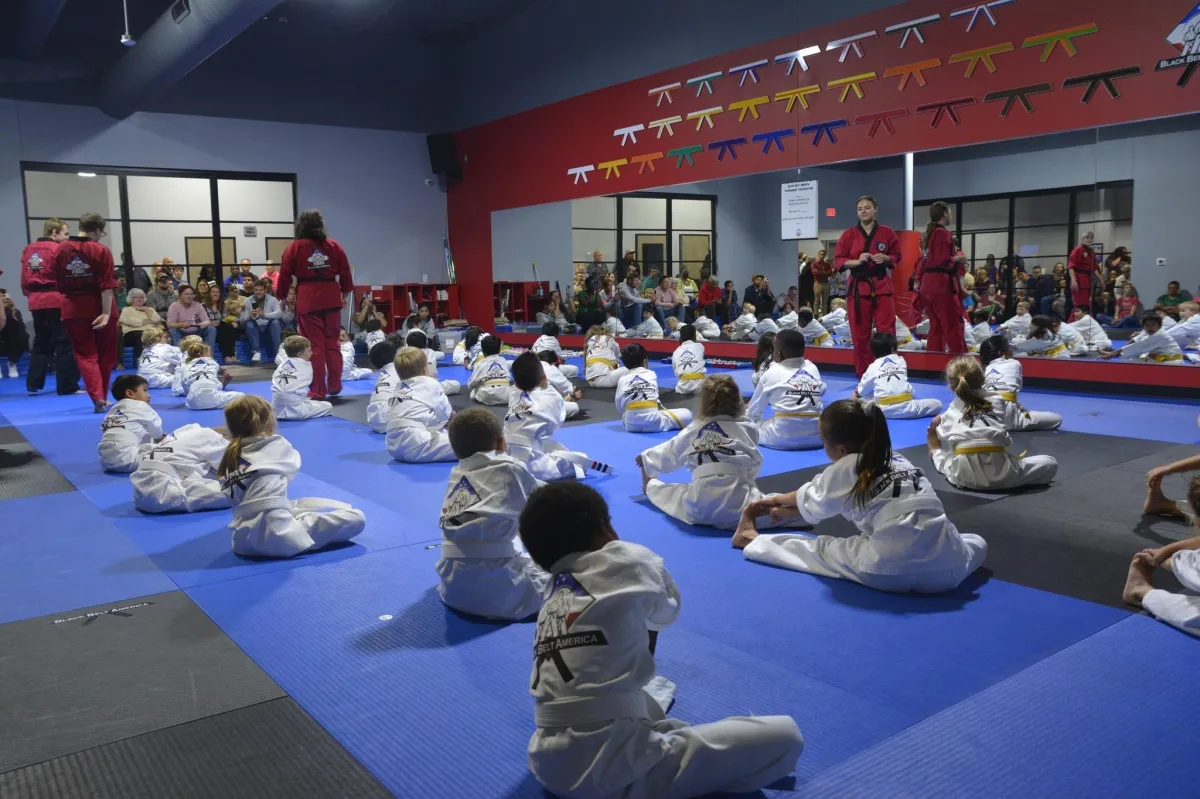Unlocking a Lifetime of Success: Why Self-Discipline is a Child's "Superpower"
Published on: 30/07/2025
As parents, we all want the best for our children's futures. We enroll them in various activities that will develop the characteristics and life skills we want for our children.
Karate
